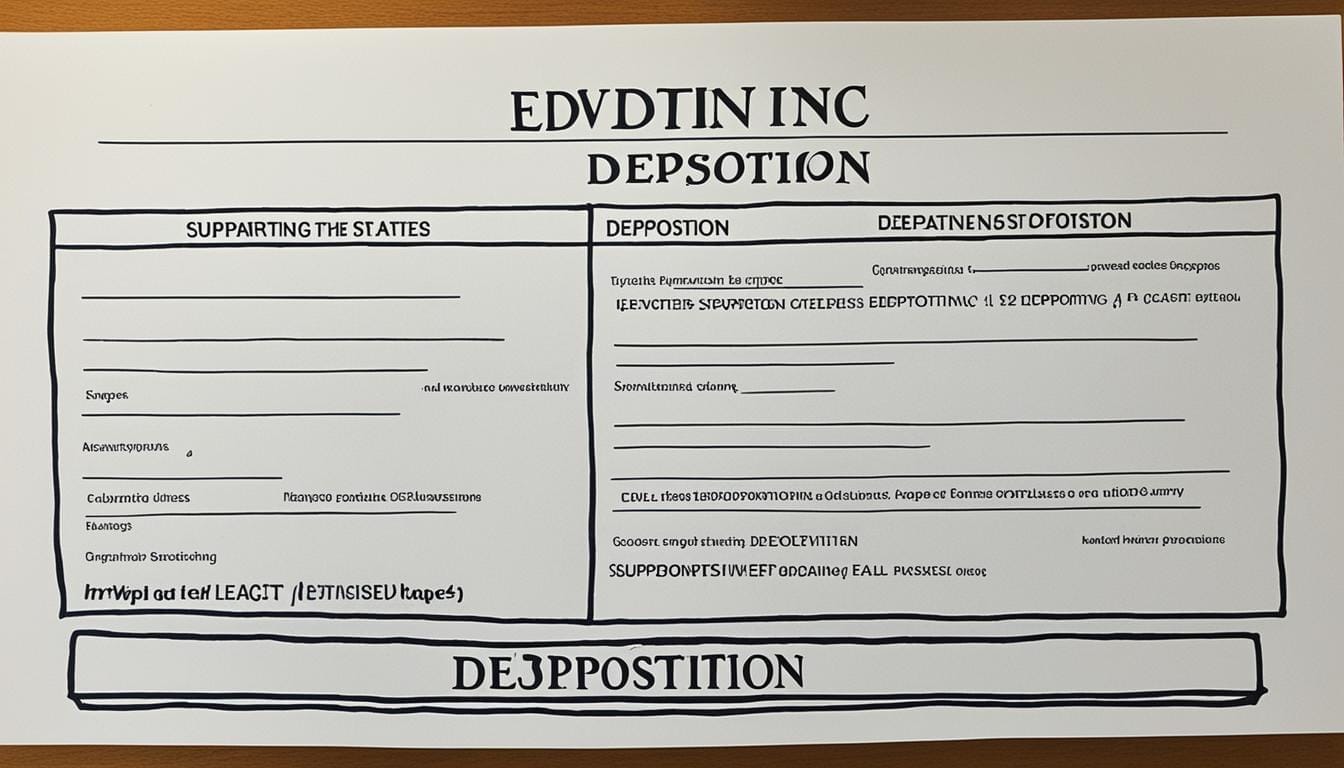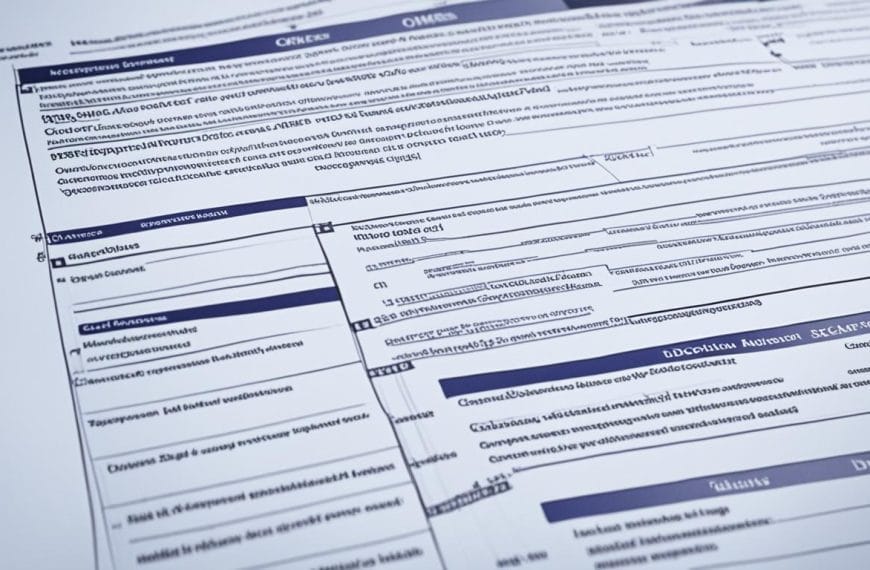What is a Supporting Deposition?
A supporting deposition is a document used in court cases, especially criminal cases. It’s like a formal statement made by a witness or police officer that gives more information about what happened. The information in a supporting deposition helps explain the situation and supports the claims made in the main legal papers. Think of it like extra details that make the story clearer and stronger.
Example of When You Might Need a Supporting Deposition
Imagine you get a speeding ticket. You know you weren’t speeding, but the ticket says you were. To fight the ticket, you might want a supporting deposition from someone who was with you in the car. Their statement could confirm that you were driving at the speed limit.
Supporting Deposition vs. Affidavit
Supporting depositions and affidavits are both written statements used in court, but they have some key differences:
- Supporting depositions are mostly used in criminal cases and must follow specific legal rules, like being notarized or sworn under oath.
- Affidavits are more common in civil cases and might not need to be notarized or sworn.
How Supporting Depositions are Used
Supporting depositions help prosecutors build strong cases by:
- Giving more details about the alleged crime, like the date, time, and place it happened.
- Including statements from witnesses or descriptions of evidence.
- Providing important background information to understand the situation better.
Expert Testimony in Supporting Depositions
Sometimes, experts with special knowledge are asked to give their opinion in a supporting deposition. This can be really helpful in cases that involve complicated topics, like:
- Financial fraud: An accountant might explain how the fraud happened and show the money trail.
- Drug trafficking: A scientist might identify the type of drug involved and how it was made.
- Computer hacking: A cybersecurity expert might describe the hacking techniques used and how they worked.
Supporting Depositions and Traffic Tickets
If you get a traffic ticket, a supporting deposition can be your friend. Here’s how:
- Assess your case: First, think about whether the ticket is valid.
- Analyze the ticket: Look for mistakes or missing information.
- Request a deposition: If something seems off, ask for a supporting deposition from the officer who gave you the ticket. This can give you more information and help you decide what to do next.
- Go to court: If you decide to fight the ticket, the supporting deposition can be used as evidence to support your case.
Getting Your Traffic Ticket Dismissed
With a strong supporting deposition, you might be able to get your traffic ticket dismissed if:
- There isn’t enough evidence to prove you did anything wrong.
- The officer made mistakes when giving you the ticket.
- There are errors on the ticket itself, like the wrong date or car information.
- You have witnesses who can back up your story.
Conclusion
Supporting depositions play a big role in making sure legal cases are fair and just. They provide important evidence and context, helping everyone understand what happened and ensuring the right decisions are made. You can use them to fight traffic tickets and possibly get them dismissed. Remember, if you’re unsure about anything, it’s always a good idea to talk to a lawyer who can guide you through the process.












